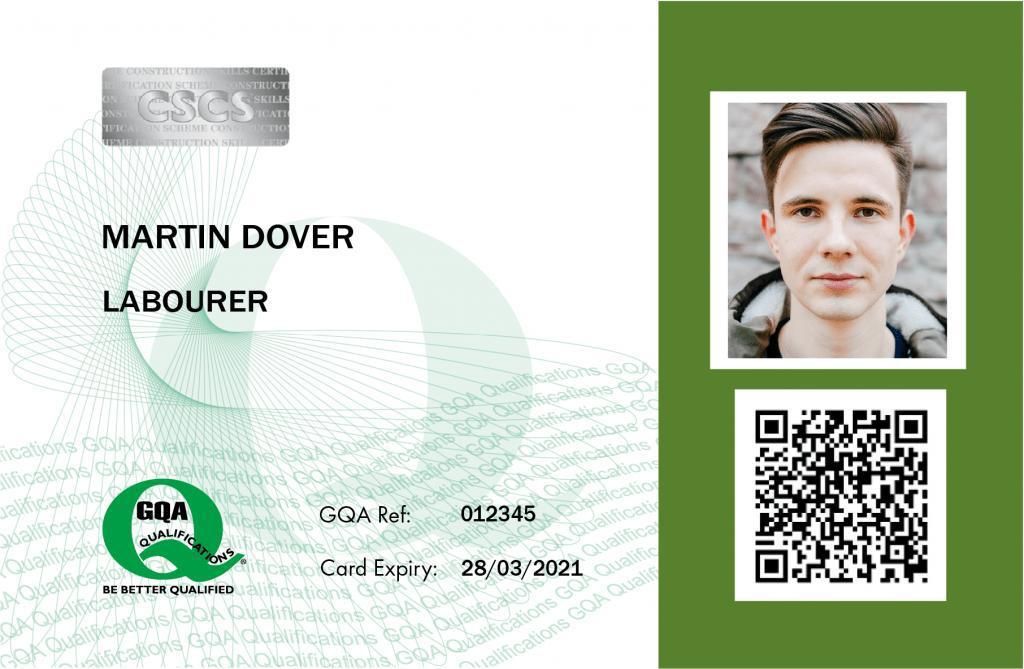
Global Risks and Resilience
Course ID: 2510060101199ESH
Course Dates : 06/10/25 Course Duration : 5 Studying Day/s Course Location: London, UK
Language: Bilingual
Course Category: Professional and CPD Training Programs
Course Subcategories: Health, Safety and Risk Management
Course Certified By: ESHub CPD & LondonUni - Executive Management Training
* Professional Training and CPD Programs
Leading to:
Executive Diploma Certificate
Leading to:
Executive Mini Masters Certificate
Leading to
Executive Masters Certificate
Certification Will Be Issued From :
From London, United Kingdom
Course Fees: £5,120.30
Vat Not Included in the price. VAT may vary depending on the country where the course or workshop is held.
Click to Pay
Date has passed please contact us Sales@e-s-hub.com
Course Information
Introduction
The interconnected nature of modern economies, societies, and ecosystems has amplified the complexity of global risks. From climate change and geopolitical tensions to cyber threats and pandemics, these challenges transcend borders and demand a coordinated response. Professionals across industries must navigate an increasingly uncertain landscape, where traditional risk management frameworks often fall short. This course, "Global Risks and Resilience," is designed to equip participants with the tools and insights necessary to anticipate, mitigate, and adapt to these multifaceted risks. By integrating established theories such as the World Economic Forum’s Global Risks Report and the Sendai Framework for Disaster Risk Reduction, the program bridges theory and practice to foster resilience at both organizational and societal levels.
One of the key challenges in addressing global risks lies in their systemic nature. A disruption in one area—such as supply chain bottlenecks caused by geopolitical instability—can cascade into financial losses, reputational damage, and operational paralysis. Despite advances in technology and governance, many organizations struggle to integrate risk assessment into strategic decision-making. For instance, the 2021 Texas power crisis revealed how fragmented planning and inadequate stress-testing can leave critical infrastructure vulnerable to extreme weather events. This course addresses such gaps by fostering a holistic understanding of interdependencies and promoting adaptive strategies that align with best practices in risk management.
Mastering the content of this course offers profound benefits for individuals and organizations alike. Participants will gain a competitive edge by developing foresight and agility, enabling them to proactively address emerging threats. Organizations, on the other hand, stand to enhance their resilience, ensuring continuity and sustainability in turbulent times. The ability to identify vulnerabilities and implement robust mitigation measures not only safeguards assets but also builds trust among stakeholders. Consider the case of companies like Unilever, which have embedded climate resilience into their operations, thereby enhancing brand equity and long-term profitability.
The relevance of this subject extends beyond specific sectors, impacting fields as diverse as finance, healthcare, energy, and public policy. For example, financial institutions are increasingly incorporating Environmental, Social, and Governance (ESG) criteria into investment decisions, reflecting growing awareness of systemic risks. Similarly, governments worldwide are adopting frameworks like the Paris Agreement to combat climate change, underscoring the importance of aligning policies with global imperatives. By engaging with cutting-edge research and real-world examples, participants will explore how these trends shape professional practices and drive innovation.
Anecdotal evidence further underscores the urgency of building resilience. During the COVID-19 pandemic, businesses that had invested in digital transformation and contingency planning were better positioned to weather disruptions. Conversely, those reliant on outdated systems faced significant setbacks. Such contrasts highlight the value of preparedness and underscore why professionals must cultivate a mindset attuned to uncertainty. Through interactive sessions and case studies, this course provides actionable strategies to transform potential vulnerabilities into opportunities for growth.
Ultimately, "Global Risks and Resilience" serves as a catalyst for change, empowering participants to contribute meaningfully to a more sustainable future. Whether navigating economic volatility, environmental degradation, or social upheaval, the skills acquired through this program will enable professionals to lead with confidence and competence. By fostering collaboration and knowledge-sharing, the course seeks to create a community of practitioners committed to addressing global challenges head-on.
Objectives
By attending this course, participants will be able to:
Analyze the interconnected nature of global risks using frameworks such as the World Economic Forum’s Global Risks Report.
Evaluate organizational vulnerabilities and design tailored risk mitigation strategies.
Apply principles of resilience-building to enhance operational continuity during crises.
Implement compliance measures aligned with international standards, such as ISO 31000 and the Sendai Framework.
Assess the impact of emerging trends, including climate change and technological advancements, on risk landscapes.
Develop communication plans to engage stakeholders effectively during high-stakes scenarios.
Synthesize data from diverse sources to inform strategic decision-making and policy formulation.
Who Should Attend?
This course is ideal for:
Risk managers, compliance officers, and corporate strategists seeking to deepen their expertise in global risk management.
Policy advisors and government officials tasked with crafting resilient public policies.
Sustainability consultants and ESG analysts aiming to integrate risk considerations into their work.
Business leaders and entrepreneurs looking to safeguard their enterprises against systemic shocks.
These groups will find the course invaluable due to its focus on practical applications, actionable insights, and interdisciplinary approaches. While prior experience in risk management is beneficial, the course is structured to accommodate intermediate learners who possess foundational knowledge of business operations or public administration.
Training Method
• Pre-assessment
• Live group instruction
• Use of real-world examples, case studies and exercises
• Interactive participation and discussion
• Power point presentation, LCD and flip chart
• Group activities and tests
• Each participant receives a 7” Tablet containing a copy of the presentation, slides and handouts
• Post-assessment
Program Support
This program is supported by:
* Interactive discussions
* Role-play
* Case studies and highlight the techniques available to the participants.
Daily Agenda
Daily Schedule (Monday to Friday)
- 09:00 AM – 10:30 AM Technical Session 1
- 10:30 AM – 12:00 PM Technical Session 2
- 12:00 PM – 01:00 PM Technical Session 3
- 01:00 PM – 02:00 PM Lunch Break (If Applicable)
- Participants are expected to engage in guided self-study, reading, or personal reflection on the day’s content. This contributes toward the CPD accreditation and deepens conceptual understanding.
- 02:00 PM – 04:00 PM Self-Study & Reflection
Please Note:
- All training sessions are conducted from Monday to Friday, following the standard working week observed in the United Kingdom and European Union. Saturday and Sunday are official weekends and are not counted as part of the course duration.
- Coffee and refreshments are available on a floating basis throughout the morning. Participants may help themselves at their convenience to ensure an uninterrupted learning experience Provided if applicable and subject to course delivery arrangements.
- Lunch Provided if applicable and subject to course delivery arrangements.
Course Outlines
Foundations of Global Risks
Overview of global risks and their classifications.
Introduction to risk assessment frameworks (e.g., WEF, ISO 31000).
Understanding systemic risks and cascading effects.
Case study: Lessons from the 2008 financial crisis.
Day 2:
Building Organizational Resilience
Principles of resilience-building and adaptive capacity.
Identifying and prioritizing organizational vulnerabilities.
Designing effective contingency plans.
Interactive workshop: Simulating crisis scenarios.
Day 3:
Climate Change and Environmental Risks
Impact of climate change on industries and communities.
Aligning strategies with the Paris Agreement and SDGs.
Tools for assessing environmental risks (e.g., carbon footprint analysis).
Case study: Transitioning to renewable energy in utilities.
Day 4:
Technological and Cyber Risks
Understanding cyber threats and their implications.
Best practices for cybersecurity and data protection.
Managing risks associated with AI and automation.
Group activity: Developing a cyber incident response plan.
Day 5:
Strategic Communication and Stakeholder Engagement
Crafting clear and compelling risk communication messages.
Engaging stakeholders during crises and uncertainty.
Evaluating the role of media and public perception.
Final project presentation: Presenting a comprehensive risk management strategy.



















































